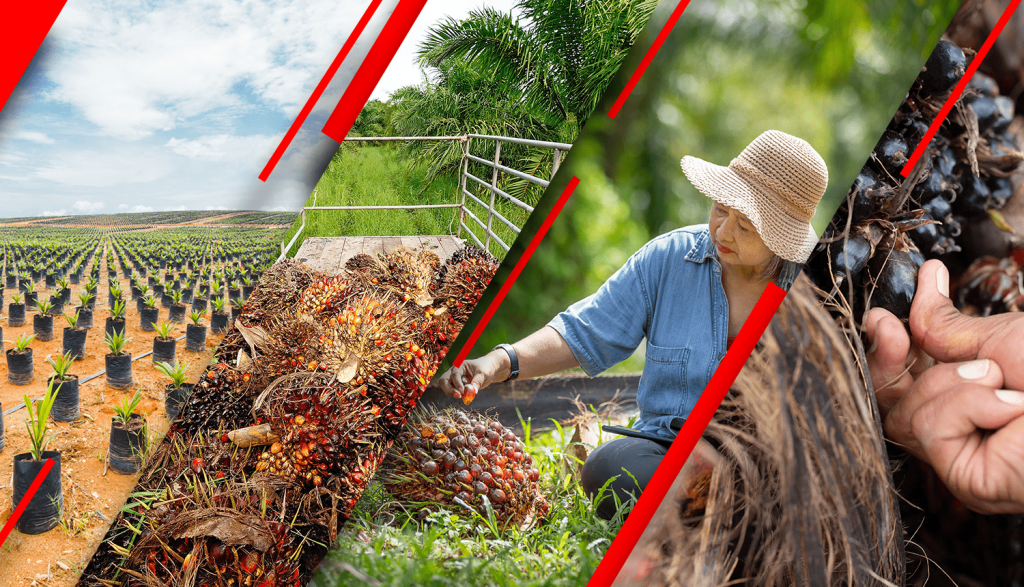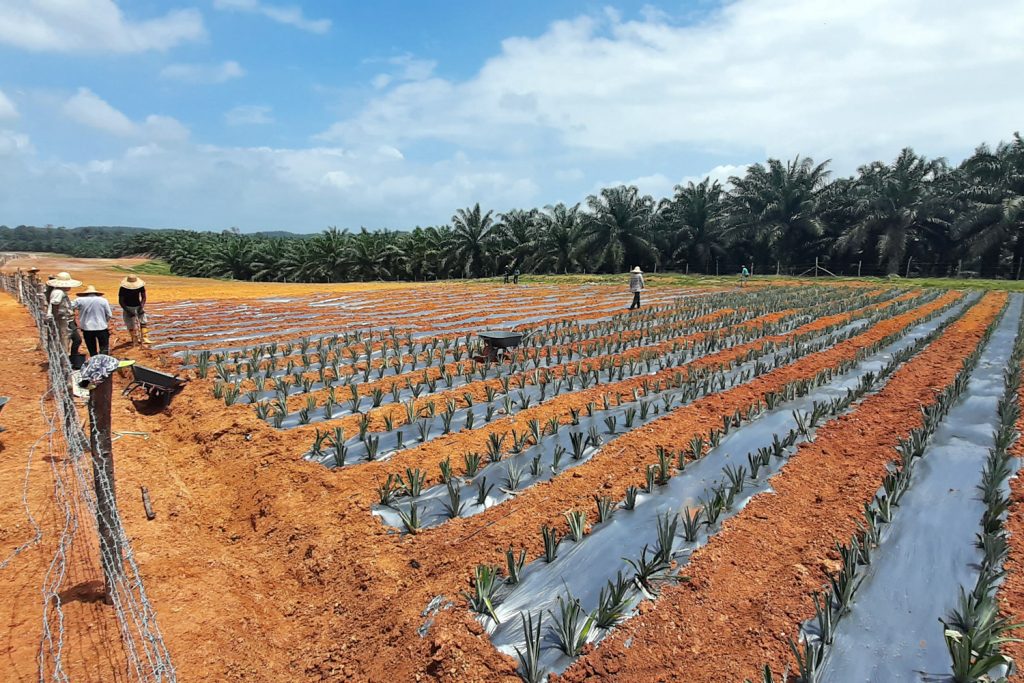
Background
Astral Asia Plantation Sdn Bhd is a plantation company set up by Perbadanan Kemajuan Pertanian Negeri Pahang (“PKPP”) for the cultivation of oil palm.
History & Business
AAP was incorporated in Malaysia on 4 September 1978 as a private limited company under the Companies Act 1965 and subsequently became a wholly-owned subsidiary of PKPP. AAP’s purpose then was to provide management and advisory services to the estates owned by other subsidiaries of PKPP.
As part of the stock exchange listing exercise, PKPP divested 65% of its interest in AAP to Astral Asia Berhad and retained the remaining 35%, which resulted in AAP becoming a subsidiary of Astral Asia Berhad.
Oil Palm Plantation
AAP’s plantations consist of four estates with a total hectrage of 4,019 hectares (9,930 acres). These estates are:
| Oil Palm Plantation | Bukit Kuin 1 Estate, Kuantan, Pahang | 758 hectares |
| Oil Palm Plantation | Bukit Kuin 2 Estate, Kuantan, Pahang | 226 hectares |
| Oil Palm Plantation | Kertau Estate, Triang, Pahang | 1,757 hectares |
| Oil Palm Plantation | Sungai Pejing Estate, Triang, Pahang | 1,278 hectares |
Pineapple Plantation Pilot Programme

In 2020, AAP has introduced successfully introduced a MD2 Pineapple pilot program to study the feasibility of venturing into alternative fast crops. In our first phase, we have successfully planted approximately 80,000 MD2 pineapple plants across 10 acres of land in Bukit Kuin estate, Pahang. Under the careful supervision of our estate managers as well as qualified consultants, we look forward to exploring the prospects of diversifying into a multi-crop plantation company.
Management
AAP is managed by a team of qualified and experienced personnel in the field of oil palm. We have a successful track record in the management of oil palm estates.
AAP recognises the essential role of human resources in producing a stable workforce capable of improving the efficiency of our oil palm operations. We are committed to build on the significant advances that we have achieved in the oil palm business.
We adopt an unbureaucratic flexibility of a centrally co-ordinated communication system to ensure synergy of operations throughout the organisation. Each member of our management team is constantly aware of and is in a position to contribute to every aspect of the management of AAP’s business.
Prospects
The prospects and profitability of AAP would mainly depend on the prices of crude palm oil and the fresh fruit bunches production. The future of the palm oil industry remains bright given the increase in demand for palm oil in the local and overseas markets. The prospects of diversifying our plantation activities into other crops (e.g. pineapple) would also allow AAP to secure a secondary revenue stream.
